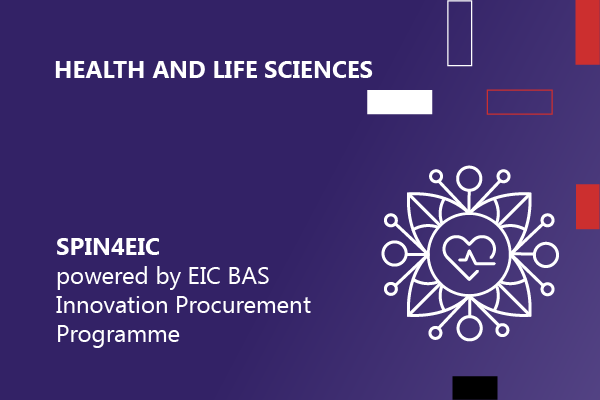Behavioural Insights for public health in the EU: A case study on embedding behavioural insights into public health policy-making
In the wake of the COVID-19 pandemic, one thing became clear across the European Union: understanding how people behave is just as important as understanding what they should do. Enter Behavioural Insights (BI) — a growing field of applied behavioural and social sciences now beginning to take root in public health policy across Europe. The new publication from the European Centre for Disease Prevention and Control (ECDC), titled Behavioural Insights for Public Health in the EU: A Case Study in Four Member States on Embedding Behavioural Insights into Public Health Policy-making offers an eye-opening snapshot of how BI is evolving in Europe and what’s needed to turn potential into permanence.
Drawing from key-informant interviews in Spain, Italy, Portugal, and Slovenia, the report dives deep into the real-world experience of BI units and networks that have emerged—many during the pandemic. These case studies reveal valuable lessons, both on what’s working and where challenges remain.
The report makes it clear: while many BI units sprang up out of necessity during COVID-19, their continued impact depends on moving beyond ad hoc applications. Embedding behavioural science into the machinery of public health governance requires more than clever nudges—it demands long-term commitment, capacity-building, and leadership buy-in. BI shouldn't be an accessory. It should be in the bloodstream of public health decision-making.

